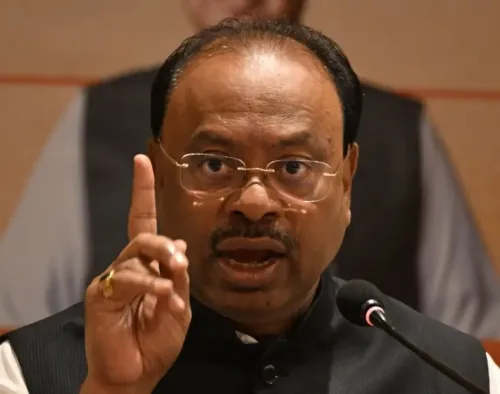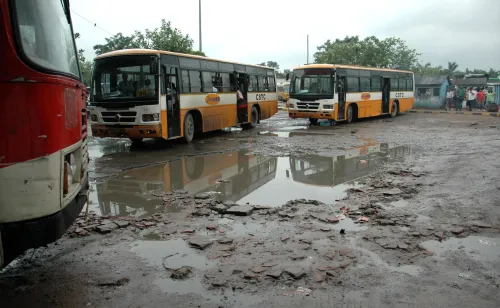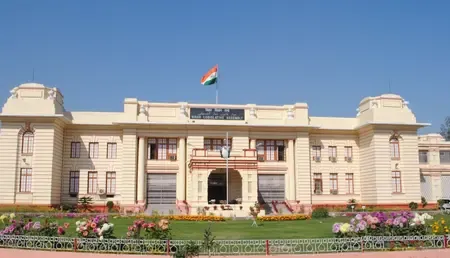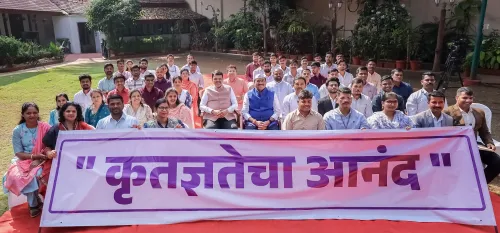Supreme Court Issues Divided Ruling on Tahir Hussain's Bail Request for Delhi Elections
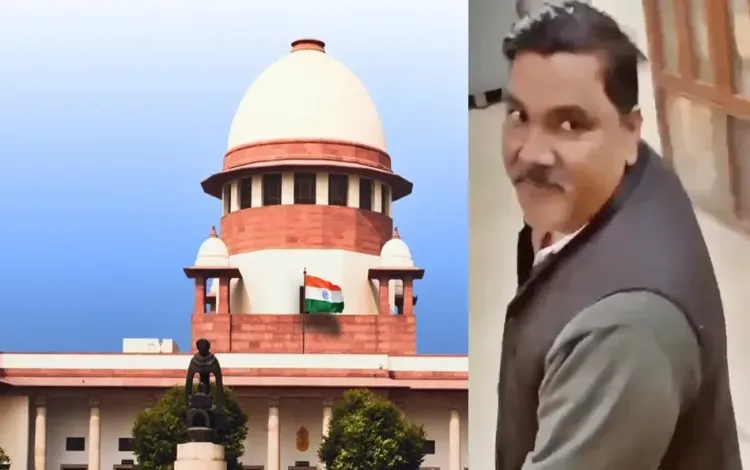
Synopsis
Key Takeaways
- Supreme Court's split verdict on Hussain's interim bail plea.
- Hussain's candidacy for AIMIM in Mustafabad.
- Concerns over his long-term incarceration.
- Justice Amanullah's comments on bail grounds.
- Delhi High Court's decision regarding parole.
New Delhi, Jan 22 (NationPress) The Supreme Court on Wednesday issued a divided ruling regarding a plea submitted by former Aam Aadmi Party (AAP) councillor and Delhi riots suspect Tahir Hussain, who sought interim bail to participate in the campaigning for the Delhi Assembly elections.
The All India Majlis-e-Ittehadul Muslimeen (AIMIM), led by Asaduddin Owaisi, has nominated Hussain as a candidate for the Mustafabad constituency.
In the divided decision from the two-judge panel of the Supreme Court, Justice Pankaj Mithal rejected Hussain's petition, while Justice Ahsanuddin Amanullah leaned toward granting his release on interim bail due to his incarceration exceeding four years on charges of instigating the 2020 riots in the national Capital.
Consequently, it was directed to present the case to the Chief Justice of India, Justice Sanjiv Khanna, who oversees the roster, for the matter to be referred to another bench.
On Tuesday, the Supreme Court requested a response from the Delhi Police, noting that Hussain's lengthy imprisonment of over four years might qualify him for regular bail.
"If we find sufficient grounds for considering regular bail, why should we not grant it? We cannot ignore that," Justice Amanullah remarked to the Delhi Police.
The Supreme Court had previously postponed the hearing on Hussain's interim bail request until January 22.
During an urgent hearing, Justice Mithal commented, "Winning elections from jail is a simple task. All such individuals should be prohibited from running for office."
Last week, the Delhi High Court denied Hussain's request for interim bail but permitted him to take parole to submit his nomination papers for the forthcoming Assembly elections.
According to the Delhi High Court ruling, while on custody parole, Hussain will not have access to a phone or the Internet, will not communicate with anyone except the necessary officials involved in the nomination process, and will not speak to the media.
On January 14, the bench led by Justice Krishna reserved its decision after listening to arguments from senior advocate Rebecca John, who represented the former councillor, and Additional Solicitor General Chetan Sharma, who represented the Delhi Police.
In opposition to Hussain’s plea for interim bail, ASG Sharma argued that the AIMIM candidate, facing serious allegations, could submit his nomination papers from Tihar Jail or while on custody parole. Sharma added that there is no fundamental right to contest elections, and if released on interim bail, Hussain could potentially influence witnesses.


